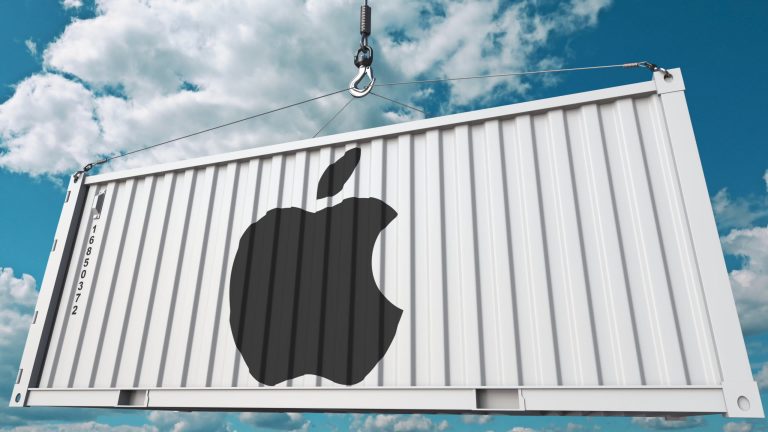Apple’s ongoing search for a new credit card partner has drawn significant attention in financial circles, not just for its implications for the tech giant, but also for what it reveals about shifting priorities within Wall Street.
Goldman Sachs, which partnered with Apple in 2019 to launch the Apple Card, is seeking an early exit from the agreement due to mounting losses and a broader retreat from consumer finance, as per a Reuters report.
The development underscores the challenges of balancing ambitious consumer ventures with profitability in an industry grappling with economic uncertainty.
Goldman Sachs’ exit reflects broader challenges
Goldman Sachs’ decision to step back from the Apple Card is not an isolated move but part of a larger withdrawal from retail finance.
Having entered the consumer market nearly a decade ago to diversify its income streams beyond investment banking and trading, Goldman faced significant hurdles.
By late 2022, the firm began scaling down its retail operations after allocating billions to cover losses in its consumer business.
The Apple Card, while innovative in its integration with Apple’s ecosystem, proved a costly venture for Goldman.
The report citing sources said that the terms of the deal were challenging, with Goldman reportedly struggling to manage high credit losses.
Who could replace Goldman Sachs?
Apple’s talks with Barclays and Synchrony Financial highlight the fierce competition among financial firms to collaborate with the tech giant.
While both institutions bring unique strengths, the eventual winner will inherit a partnership that combines high visibility with operational challenges.
Barclays has been particularly aggressive in expanding its credit card presence in the US, recently acquiring Goldman’s General Motors credit card business.
This move indicates a willingness to take on high-profile collaborations despite the risks.
Meanwhile, Synchrony Financial, a major player in consumer financing, offers expertise in retail card programmes and could align well with Apple’s customer base.
The news agency also reported that other financial heavyweights, including JPMorgan Chase, have also been in discussions with Apple since last year, further intensifying the competition.
Strategic implications for Apple
Apple’s decision to seek a new partner for its credit card operations reflects its broader ambitions in financial services.
As the company continues to expand its ecosystem with products like Apple Pay and Apple Savings, the right partnership will be critical to maintaining customer trust and satisfaction.
The tech giant faces its own set of challenges. The Apple Card has faced scrutiny over its profitability, with critics questioning its long-term value beyond driving brand loyalty.
By collaborating with a partner better equipped to handle credit risks and operational complexities, Apple may aim to strengthen the card’s financial performance while sustaining its user-friendly design.
The search for a new partner comes at a time of heightened regulatory scrutiny in both the US and UK, particularly concerning consumer finance practices.
Any future deal will need to address these regulatory considerations, further complicating the negotiations.
While Barclays and Synchrony Financial remain strong contenders, the ultimate decision will likely hinge on the ability to balance profitability with customer-centric innovation.
The post Why is Apple replacing Goldman Sachs as its credit card partner? appeared first on Invezz

